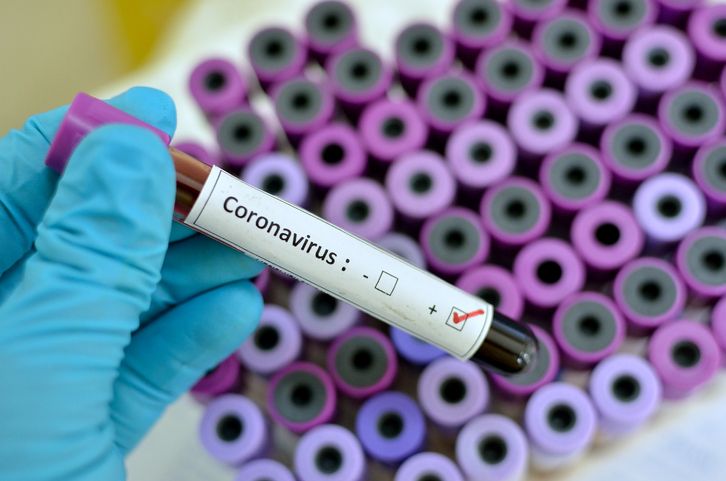Libya oil units halt operations due to spread of virus
Two affiliates of Libya’s National Oil Corp (NOC) have suspended some work because of the spread of the coronavirus, they said in statements posted online on Monday.
The country’s biggest refinery, Zawiya, located west of Tripoli, said it had closed its offices from Sept. 8-17, reducing staffing by 10% and placing them on “emergency leave”.
In eastern Libya, AGOCO said it had suspended “all work and activities for 30 days to protect oil workers from the pandemic”, except for operations relating to industrial safety and security.
The pandemic has surged in Libya over the past month, with over 1,000 cases confirmed on Monday bringing the total to more than 18,000 according to official figures.
Neither of the two oil companies that said they were suspending work on Monday announced any infections among their staff and said the measures were precautionary.
Libya’s oil output has already been almost entirely halted this year by a blockade on exports since January by the eastern-based Libyan National Army (LNA) of Khalifa Haftar.
Output has fallen from 1.2 million barrels per day before the blockade to less than 100,000 bpd now, which is mostly used for domestic consumption.



